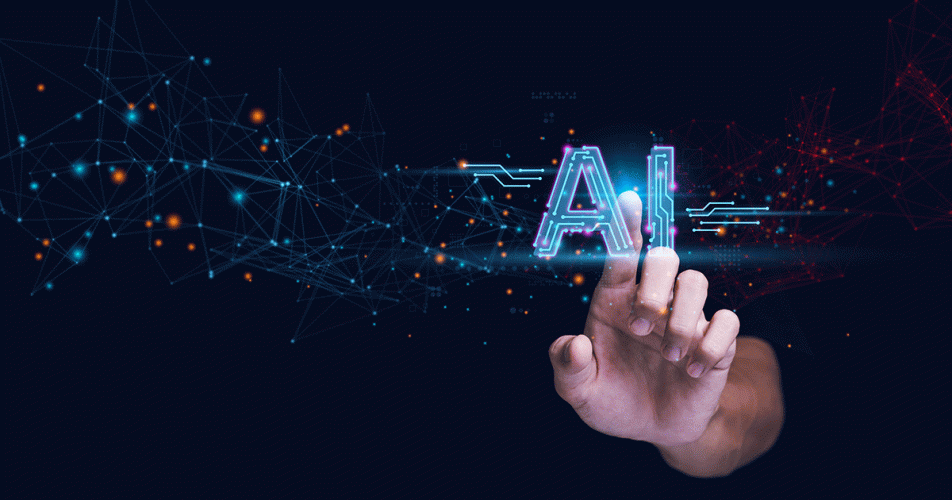Generative AI in the workplace
Artificial Intelligence (AI) has changed/will change the way we live our day to day lives and how we perform our jobs. However much we get dragged into this world of AI kicking and screaming, it has to be accepted that it is here to stay, and it will continuously evolve.

In fact, the capabilities of AI in the workplace that had been predicted to be in place 20-30 years from now are either in place or will be in the next 2-5 years.
So, what is generative AI? What will be the impact of generative AI in the workplace? What are the opportunities and challenges for our practices and employees?
Generative AI is a type of AI system. Generative AI models are large language models based on neural networks based on how the human brain works. Gen AI learns the patterns and structure of its input training data and can generate new data that has similar characteristics. Gen AI tools are capable of generating texts, images, code, video, music, robotic actions – in response to user prompts.
The main difference between traditional AI and generative AI lies in their capabilities and applications. Traditional Al systems are primarily used to analyse data and make predictions, while generative AI goes a step further by creating new data similar to training data.
In simple terms 'AI is the science of making machines that can think like humans’. The ultimate goal for Al is to be able to make decisions and judgements like humans. For those who have seen the 1991 James Cameron blockbuster, Terminator 2, please don’t let your imagination run away with you and think that we are heading for a Skynet scenario when a system becomes so self-aware that it has no ethical limitations! Although there are those that believe this particular sci-fi blockbuster may have spurred the evolution of modern artificial intelligence!
What is the potential of generative AI in the workplace?
Generative AI will put the power of AI at employees’ fingertips. It's believed AI will help employees work faster, integrate information from different sources in less time and will reduce the time spent on difficult, mundane or repetitive tasks. This in turn will make employees more efficient, work will be simplified and there will be an increase in the completion of high-quality work.
There are currently many applications of AI in healthcare. Some are not widely used as yet but as the industry continues to embrace these new advancements, we will see AI integrated into healthcare even more in the coming years. It could be used to:
Manage medical records – AI can help collect, store and analyse important data, including medical records which can help medical professionals access the data they need faster and therefore work more efficiently.
Treatment plans – by analysing a patient's records, clinical research and expertise, AI can help to determine the best course of treatment for a patient and assist medical professionals in finding a tailored and targeted treatment.
We must however point out although there are benefits to the introduction of AI in the workplace, with those benefits come risks, the biggest being security risks, which will prompt the need for those of you in a supervisory capacity to communicate with your team and amend policies within your practice. Parameters would need to be set with a clear understanding of what is acceptable use or in-fact if you will be allowing your team to use it at all. There would also be a need to continually monitor, review and audit your AI systems.
AI systems can be vulnerable to security risks which pose a massive problem to the healthcare industry, in particular, when referring to patient data and the confidentiality required around this data. Cyber attacks are becoming more sophisticated and accurate while also proving harder to predict and prevent. So stringent privacy policies and regular audits of your systems must be implemented.
AI is going to usher in significant changes to the workplace and how you perform your role. You will not only become more effective and productive, but you will also have the opportunity to be more creative and innovative.
|
Workplace Relations Support can assist members with general advice on anything related in this article. You can contact us via phone (07) 3872 2222 and email support workplacerelations@amaq.com.au. |
|
|
Workplace Relations Toolkit |
|
|
Workplace Relations Consultancy Workplace Relations Consultancy can review current policies within your practice around the use of AI and offer guidance on how this would apply to your staff members. You can contact us via phone (07) 3872 2222 and email support workplacerelations@amaq.com.au. |